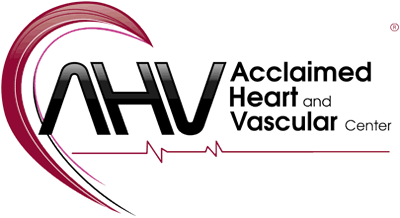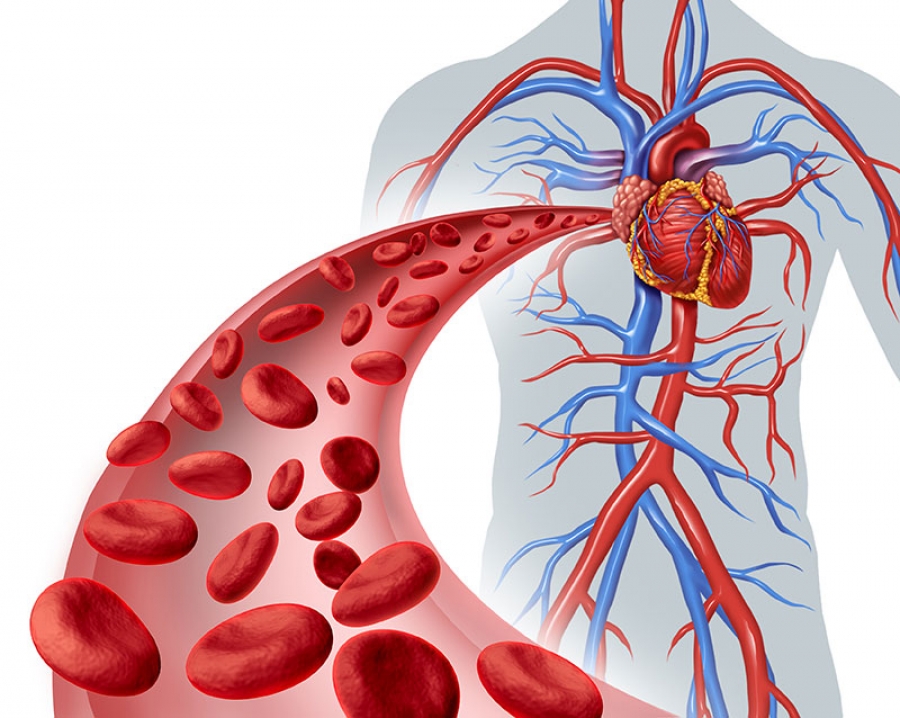Types of Angina
Knowing the types of angina and how they differ is important.
• Stable Angina / Angina Pectoris
• Unstable Angina
• Variant (Prinzmetal) Angina
• Microvascular Angina
Understand Your Risk for Angina
If you’re at risk for heart disease, you’re also at risk for angina.
Diagnosis of Angina
All chest pain should be checked out by a healthcare provider. Your doctor will most likely perform a physical exam, ask about your symptoms, and ask about your risk factors for and your family history of heart disease and other cardiovascular conditions.
DISCLAIMER: THIS WEBSITE DOES NOT PROVIDE MEDICAL ADVICE
The information, including but not limited to, text, graphics, images and other material contained on this website are for informational purposes only. The purpose of this website is to promote broad consumer understanding and knowledge of various health topics. It is not intended to be a substitute for professional medical advice, diagnosis or treatment. Always seek the advice of your physician or other qualified health care provider with any questions you may have regarding a medical condition or treatment and before undertaking a new health care regimen, and never disregard professional medical advice or delay in seeking it because of something you have read on this website.

